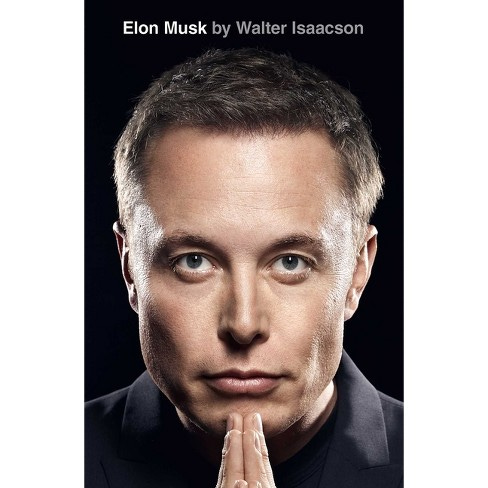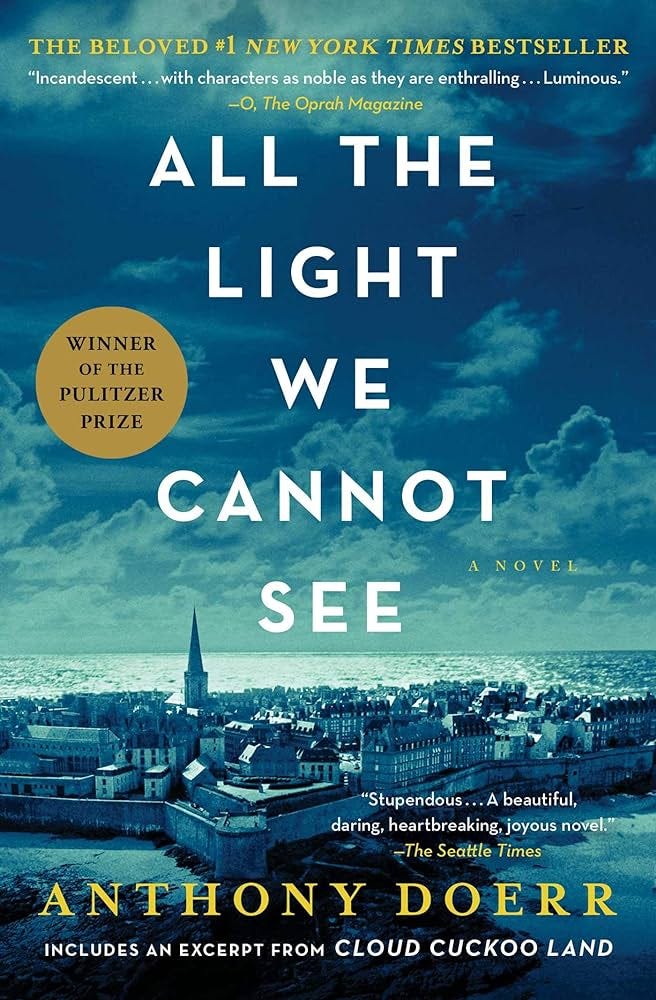Books
1. Michael Lewis, Going Infinite: The Rise and Fall of a New Tycoon (biography)
2. Freddie DeBoer, How Elites Ate the Social Justice Movement (culture)
3. Anthony Doerr, All the Light We Cannot See (fiction)
4. Roger Lancelyn Green, Tales of the Greek Heroes (mythology—kids)
5. Alan Jacobs, Breaking Bread With the Dead (philosophy)
6. Anna Lembke, Dopamine Nation (science/health)
7. Hugh Howey, Wool (fiction)
8. Eleonore Stump, Wandering in Darkness (theology)
9. C.S. Lewis, Perelandra (fiction)
Audiobooks
1. Walter Isaacson, Elon Musk (biography)
2. Simon Kuper, The Barcelona Complex (sports)
3. Arnold Schwarzenegger, Be Useful (biography)
In Media Res
1. Laura Ingalls Wilder, Farmer Boy (fiction—Beckett)
2. Suzanne Massie, Land of the Firebird: The Beauty of Old Russia (history)
3. Robert Galbraith, The Running Grave (fiction)
4. Colson Whitehead, Zone One (fiction—audiobook)
5. Dallas Willard, Renovation of the Heart (theology)
6. Roger Lancelyn Green, The Tale of Troy (fiction—kids)
OK, so I wouldn’t want Elon Musk or anyone like him marrying my daughter. I am not sure we would get along on a personal level. However, I am glad that people like him exist and possess not only the vision to accomplish the new and bold but also the zeal to follow through on that vision. Nearly every chapter of this book left me shaking my head. Sometimes, that was purely in consternation, sometimes in wonder, sometimes in anger. But it is definitely worth reading. The scope of this man’s life, the variety of his projects, the confidence to keep going, and the ambition to change the world are rarely united in a single subject. Again, Musk is neither cuddly nor warm, but I am not sure the world needs him to be either of those things.
All the Light We Cannot See is a reread for me. I read the book when it first came out and blew up and wanted to read it again before my wife and I started watching the Netflix series. It’s a beautiful book. It is hard to find new territory to explore in the World War 2 world, but Doerr’s limning of the trapped nature of Werner Pfennig, the Nazi soldier conscripted into tracking duty, is truly remarkable. The story of Marie-Laure’s father and his efforts to enchant his blind daughter’s life and then his frantic desire to protect her from the invading Nazis while still safeguarding the cultural inheritance that Hitler was so eager to consume makes him a straightforwardly noble character. Whether you’ve read this or not, it is worth taking another look at.
Simon Kuper’s The Barcelona Complex presents the fascinating saga of the rise and (for now) fall of Barcelona F.C., one of a handful of the most famous soccer clubs in the world. Barca is a victim of their own success: the methods that made them unique and allowed for their breakthroughs and dominance were soon copied by competing clubs. Listening to this really made me think about success in sports and how nothing is guaranteed. At one point, Kuper visits a Premier League team’s U16 team. These are 15-year-olds who have already survived a severe winnowing process. Of the 21 on the team, and this is a “Big-Six” club, only one ended up playing meaningful Premier League minutes. A few others bounced around the lower divisions but none made much of a meaningful life in football. Yet thousands rush into the maw of these programs every year thinking that somehow they will be the one to make it.





